The Basel/Zurich research cluster of SNSF ‘Digital Lives’ projects is organizing a three-day conference on ‘Digital Practices. Reading, writing and evaluation on the web at the University of Basel, Switzerland. The conference will take place 3-5 June 2020.
In line with our own research (see below), our conference aims to examine digital discourses from the perspectives of Digital Humanities, Literary Studies, and Digital/ Computational/ Corpus Linguistics. We will explore how adults and adolescents read online and offline, how they write about their reading experiences individually and collaboratively, how lay people in particular appraise, assess and evaluate online, and how digital scholars approach, analyze and interpret the data and practices we collect for our research.
The three research projects are led by Gerhard Lauer, Berenike Herrmann /Noah Bubenhofer (joint lead) and Moniek Kuijpers. The three projects all focus on digital reading and writing practices online, and together explore different facets of digital discourse. Lauer’s group explores the reader’s view of literature by undertaking exploratory empirical literary research into online social reading platforms. With a special focus on the effects these platforms have on adolescents’ reading practices, as well as their reading motivations and rewards. The Herrmann/Bubenhofer group is concerned with an epistemological assessment of research practices of text-based digital humanities after the machine learning turn, running two parallel case studies on online evaluation in cooking recipes and literature reviews. The group led by Kuijpers is developing an extensive qualitative corpus of reader reviews for the computational analyses of reader responses, particularly readers’ mentions of absorption during reading.
The conference is dedicated to exploring emergent topics related to digital practices of writing, reading, and evaluation of experience good consumption in more depth. This includes the assessment of epistemology, methodology and research ethics in the pertaining analysis.
Submissions on the following topics are welcome. Please indicate the topic(s) of your contribution by choosing up to three keywords from the following list.
Online communities of readers and writers
Online experience goods evaluation
Reader response studies on absorption during reading
Computational linguistic, corpus linguistic and corpus stylistic approaches to
Reviews and evaluations of (1) books and/or reading, (2) eating, tasting, food and/or restaurants
Shared reading/writing on- and offline
Topic modeling (in all areas relevant to the topic of the conference)
Values of reading and literary criticism
Research ethics of big data research in the humanities
Research epistemologies of big data research in the humanities
Research methodologies (qualitative and quantitative) and tools in Digital Humanities
Natural Language Processing for the analysis of digital practices
Sentiment Analysis for the analysis of digital practices
We welcome abstract submissions of maximum 300 words for paper and poster presentations. Presentation time for each paper will be 20 minutes followed by a ten-minute discussion.
Deadline for submission: 17 January 2020
Notifications of acceptance: 28 February 2020
Please send your name and institutional affiliation, keywords, preference for paper or poster and your anonymized abstract (max. 300 words, excluding references) to: info@digitalpractices.net
More information, such as the announcement of our keynote speakers, will soon be available on the following website: www.digitalpractices.net

